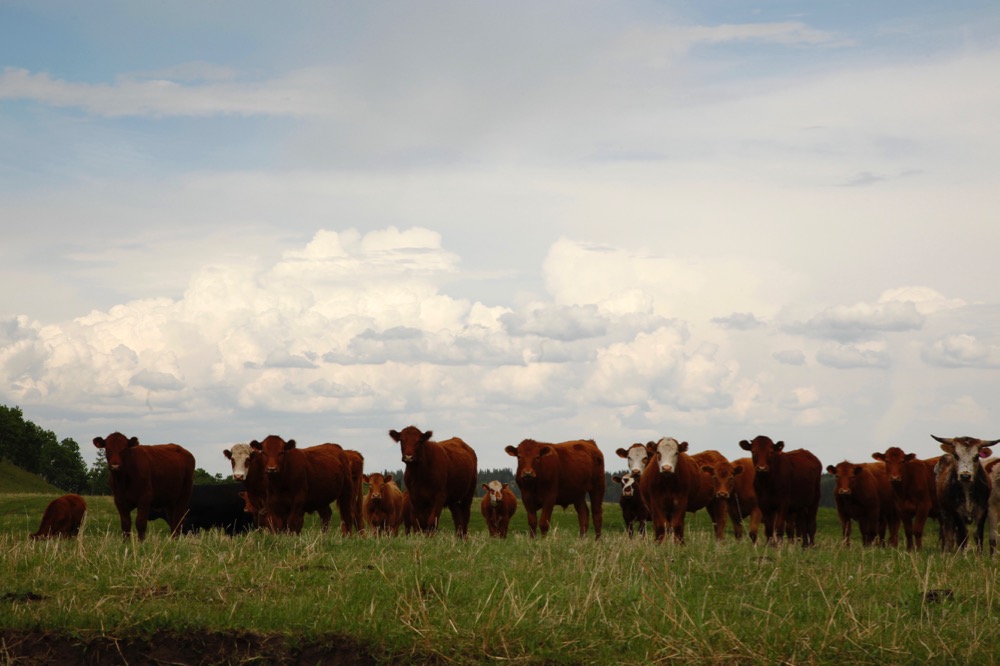The Calgary Stampede may hand out more than a million dollars in prize money to cowboys, but it also handed one of its most persistent critics a significant propaganda gift following the death of six horses at the 2010 event.
While one group in California is calling for a boycott of Alberta in memory of 1,600 dead ducks, PETA (People for the Ethical Treatment of Animals) has been harping for years that the world’s largest outdoor rodeo has been profiting from animal cruelty, since Guy Weadick first saddled a trick pony to launch the Stampede in 1912. Well the Stampede handed them more fuel for this fire this year after six horses died (or had to be put down) following rodeo and chuckwagon racing events in July.
There weren’t any of the truly man-made mishaps like chuckwagons colliding on the oval race track. These animals either broke legs, backs, or keeled over from heart attacks from running and jumping and then had to be euthanized.
It was unfortunate. Unfortunate for the animals. Unfortunate for the owners who I believe really do care about their livestock. And unfortunate that it handed critics fresh and timely ammunition.
I’m not necessarily a big rodeo fan, although I have gone to several over the years. I like watching the highlights on TV, but in real life and in real time some of these events can drag on and my attention span is short. Maybe if I could afford the $500 per-person in-field seats where I could get a better look, I’d be more of a keener.
Although I am not a rabid rodeo fan, it’s not because I consider it animal cruelty. I think the calf roping, which now seems to be called tie-down roping, and steer wrestling, probably put stress on livestock that would rather be somewhere else, doing something else. But I suspect most survive none the worse for wear.
Other events – bronc riding, bull riding and chuckwagon racing, for example – do rely on animals as a source of human entertainment, but I don’t know if it is any worse than polo or thoroughbred horse racing, pigeon racing, pig racing, or teaching a dog to do tricks.
I think a horse that breaks a leg while running a race, or its back while bucking in a corral – both relatively rare considering the number of horses involved in rodeo events, isn’t a lot different than a race car driver who gets banged up in a high speed crash or a football player who ends up with a compound fracture during a tackle.
Of course you can always say the big difference is that people have the choice of whether they want to participate in high risk events. Which is true. But, I’m guessing if you turned 500 head of healthy horses lose to run and graze on 100,000 acres of open prairie, with no humans in sight, that after a year, natural causes or natural accidents are going to take their toll as well.
I think it was a mistake that Stampede officials cancelled a night of chuckwagon races saying the track was too muddy. It was a sign of weakness, dressed up as a safety measure. My guess is they just didn’t want to run the risk of another mishap and another dead horse they would have to explain to the media.
In any event, I think it gives do-gooder organizations like PETA that chink in the armor they will pry on over the next few years in an ongoing bid to shut the rodeo down.
One of these days the Calgary Stampede could revert back to true country fair status, where it becomes the home of the largest vegetable judging competition in the world. Of course then, the Stampede officials of the day will have to deal with all the vegan critics distressed over the total disregard and lack of care which allowed carrots to shrivel and, and dare I say it, apples to get bruised. When will the world be happy?












